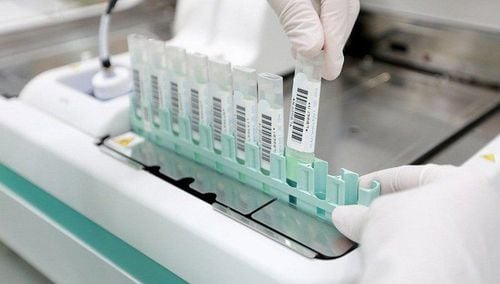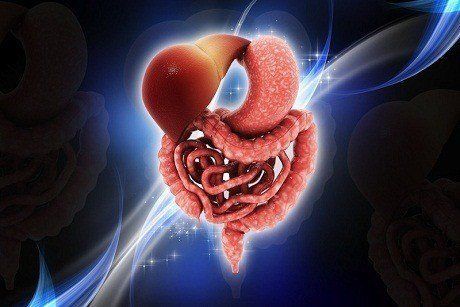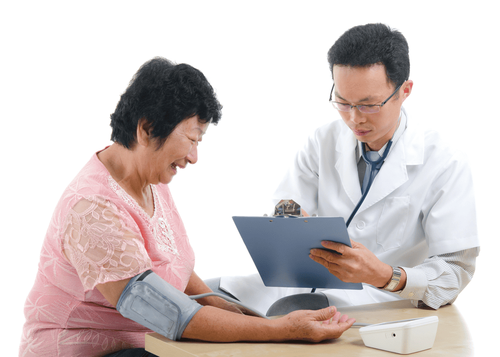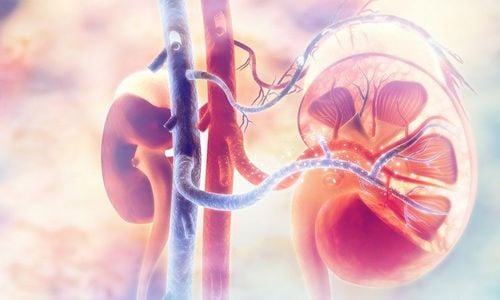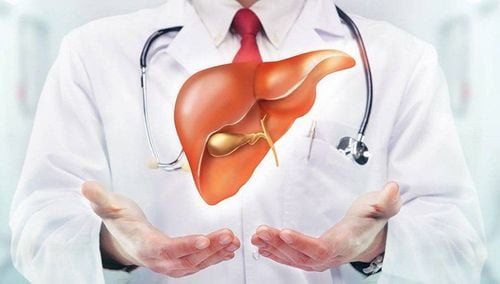This is an automatically translated article.
The article was professionally consulted by Doctor Vo Ha Bang Suong - Doctor of Medicine - Department of Medical Examination & Internal Medicine - Vinmec Phu Quoc International General Hospital. The doctor has more than 15 years of experience in the treatment of internal diseases.When assessing the health of an individual, a small group of people, or a wider community, medical history is a very important factor that cannot be ignored, and in many cases it is the determining factor. diagnosis. It is necessary to ask carefully about the medical history to avoid omission.
1. What is the medical history?
1.1 History and medical history
Complete history and medical history including health history of individual and closely related family members.Personal medical history: Includes detailed information about all health problems experienced by the patient in their life history. It is necessary to explore the details of health abnormalities. If yes, time of disease detection, if it is a chronic disease, it is very important to detail treatment: Drugs, adherence to treatment and support through diet, patient's living habits are very important. Family health history: Information about the illness of the patient's family members. Relatives include inbreeding and distant branches in the bloodline. The more inbreed, the more meaningful it is. The closest are parents, siblings. History and medical history give your doctor all the important clues to diagnosing your health condition, because many diseases run in families. Family medical history also helps your doctor predict future health problems.
Some diseases to know in medical history and common family health are: Genetic diseases such as blood diseases: Thalasemi.
Diseases with familial risk factors: Diabetes, hypertension, obesity, hypertension, cancer

Tiểu đường là căn bệnh cần biết trong tiền sử bệnh tật và sức khỏe gia đình phổ biến
1.2 Who is the family medical history?
If possible, every adult should know their family's health history. Most of us are unaware of important information about medical conditions that can affect family members. Even if you already know, you need to double-check this information. Learn more about the medical history of as many relatives as possible, not forgetting half-siblings.For hereditary diseases, you do not need to find out the history and medical history of people you know but are not “bloody about”, such as:
Your spouse; Adopted child or adoptive parent/sibling; Stepchildren of a spouse; Siblings who are biological children of a stepfather or stepmother; Siblings in law/in-law. For infectious diseases, taking the history of people living with them is important. For example, a sexually transmitted disease, the high risk is in the spouse of the infected person. TB disease, the high-risk cohabitant does not matter whether they are related by blood or not.
2. How to collect family medical history
2.1 For adults
Please fill out all information as directed. You can also add any information you remember that is not required on the application form. To avoid forgetting or omitting information, you should take the initiative to record diseases or medical conditions at the time of acquisition and save them. Then, share this information with your siblings and grandchildren on appropriate occasions. As a result, each subsequent generation will have complete information about the family's history and medical history.
Mọi người trưởng thành nên biết lịch sử sức khỏe của bản thân và gia đình mình
2.2 For young people
To get started, call or ask your loved one in person about your family's health history. Make it clear that the purpose of taking a detailed medical history is to help you and other family members stay healthy. You can also proactively share relevant information that you have learned, thereby helping everyone to know the importance of history and medical history.When asking about chronic (ongoing) conditions, it is advisable to obtain information at what age a loved one started having the condition. Don't forget to ask about the history and medical history of deceased relatives. If you have a death certificate or medical record, you can find out the cause of death and see how old they are.
2.3 For Adoptees If you are an adopted child, you may not know anything about your biological parents' health history. This is a special case when you don't know your future risk of heart disease, cancer or other diseases.
Rules may vary from place to place, but most adoptees learn detailed information about their biological parents after adulthood. If absolutely necessary, you can find this information in the place where your adoptive parents previously adopted you.
4. What is the importance of medical history?
Once you have a complete medical history of yourself and your family, you can make very important life decisions. For example, if you learn that there is a family history of heart disease, you can start making lifestyle changes to reduce your risk, such as quitting smoking, losing weight, or exercising more. Or with some communicable diseases such as tuberculosis, people living together will proactively go to a health facility to check, sexually transmitted diseases, the spouse of the sick person will go to the doctor when the other person has the disease.Doctors also use medical history information in screening tests, such as cancer, for early diagnosis and proper treatment of the disease. In most cases, the diagnosis and early detection of diseases are very important. For example, if cancer is detected and treated early at an early stage, without metastasis, the prognosis will be better and the survival rate will increase significantly. As for diabetes, early detection can prevent dangerous complications in the kidneys, eyes, blood vessels and feet - a complication that causes disability and even death.
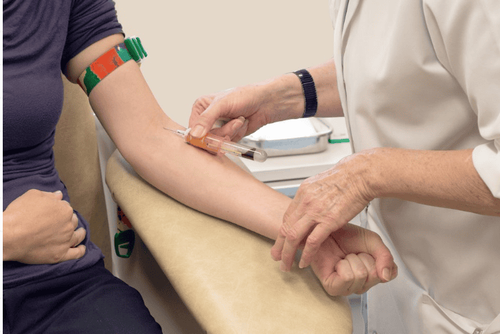
Bác sĩ sẽ sử dụng thông tin tiền sử bệnh trong các xét nghiệm sàng lọc
In addition to reviewing history and medical history, clinical and paraclinical examinations conducted during regular health check-ups also help:
Early diagnosis of incurable diseases, thereby having a timely treatment strategy . Specifically: - Blood tests: The most basic are general tests on liver function, kidney function, blood sugar, blood fat, uric acid. Hepatitis B virus, Virus C. The test allows detecting related diseases through test indicators. From there, giving a specific treatment direction and correct advice on the condition that the patient is experiencing.
- Diagnostic imaging:
+ Take a chest X-ray to detect lung cancer in men over 40 years old or pulmonary tuberculosis in people who have a habit of smoking, have contact with sick people
+ Abdominal ultrasound: Investigation and early detection of abnormalities in the abdomen related to abnormalities in the images of the liver, kidney, spleen, and bladder organs.
+ Breast ultrasound is intended for early detection of breast cancer in single women over 40 years of age, increasing the chance of healing.
+ Thyroid ultrasound:
+ Colposcopy to screen for gynecological cancer in women over 40 years old, having multiple births, having a history of infection.
From there, set out the treatment regimen, follow-up, and additional paraclinical indications to make the diagnosis clear on the basis of a general physical examination. Refer patients to specialist routes if necessary. For example: General abdominal ultrasound shows images of suspected liver cancer, the next stage is CT sacner with contrast injection, AFP test, and guide the patient to the oncology hospital if necessary. Instruct the patient to change the lifestyle and diet appropriate for each disease.
Currently, Vinmec International General Hospital is implementing a lot of supplementary examination packages as part of the general health examination program. Service packages bring many benefits to users, helping to detect diseases early, save money and time, have high healing capacity, and cause less disability. Periodic check-ups are a new trend in self-preservation that is appreciated by all health professionals.
Customers wishing to be examined at Vinmec International General Hospital can register for an examination at the Vinmec Hospital and Clinic system nationwide or register for an examination through the appointment call center system.
Please dial HOTLINE for more information or register for an appointment HERE. Download MyVinmec app to make appointments faster and to manage your bookings easily.
Reference source: webmd.com



